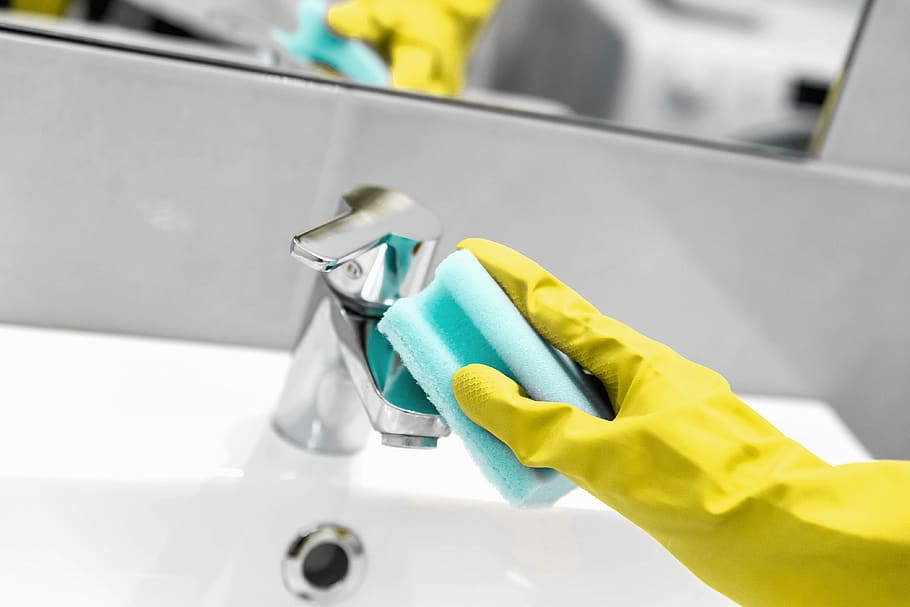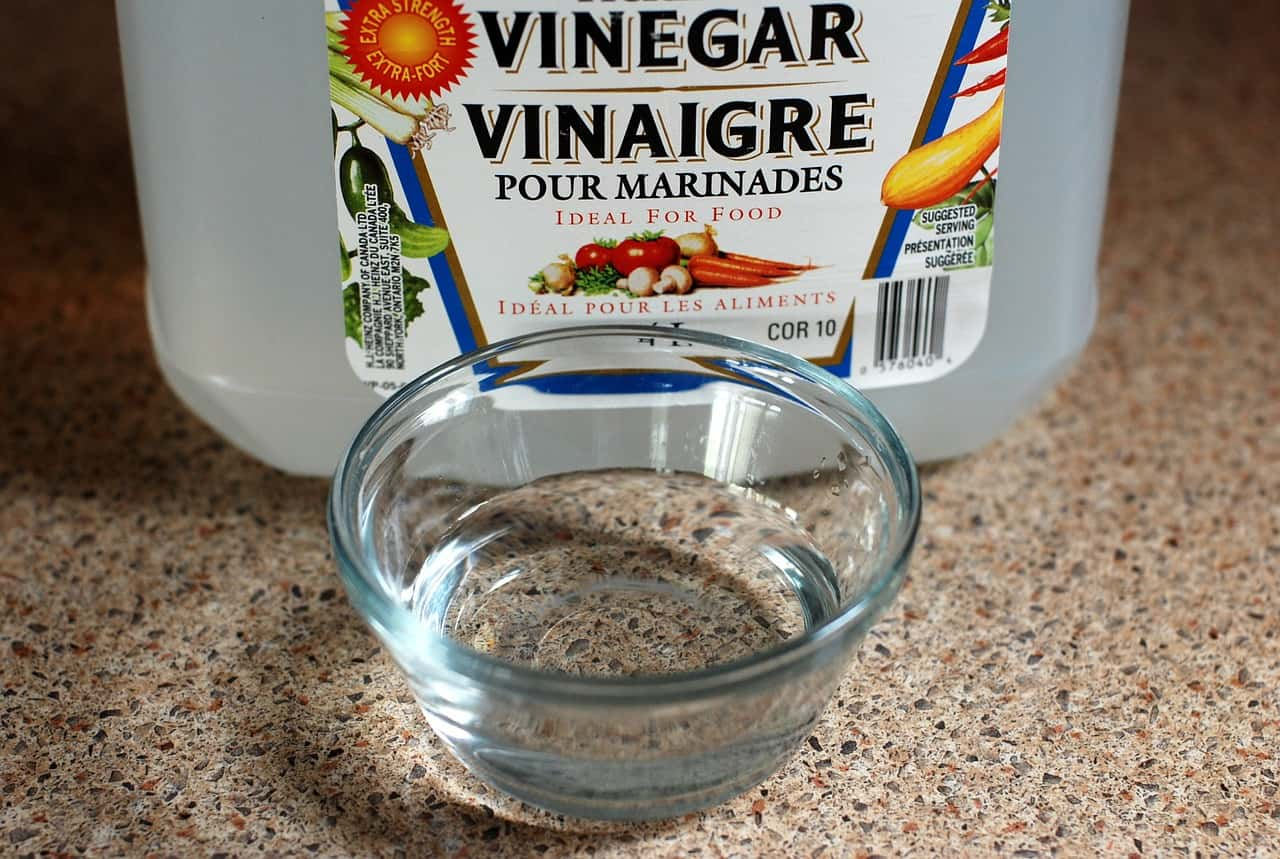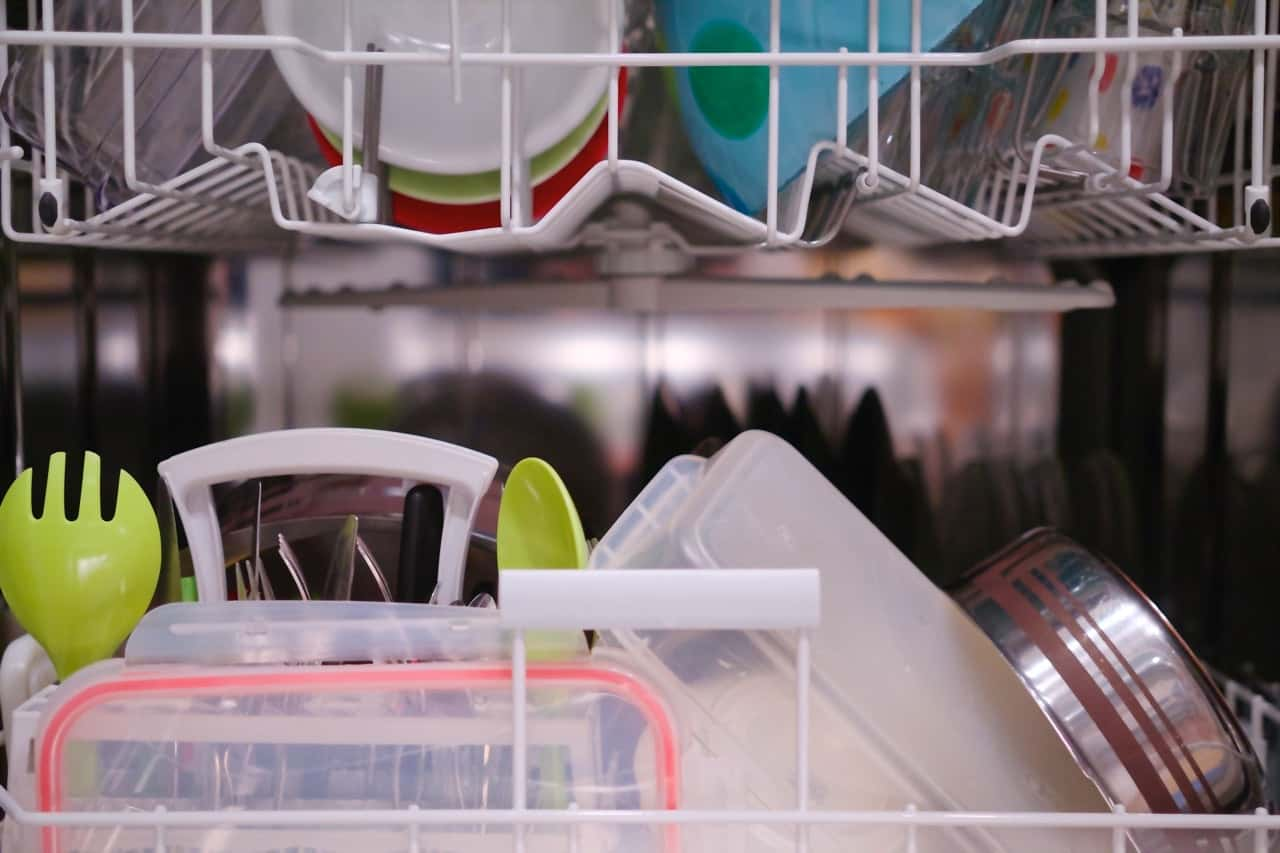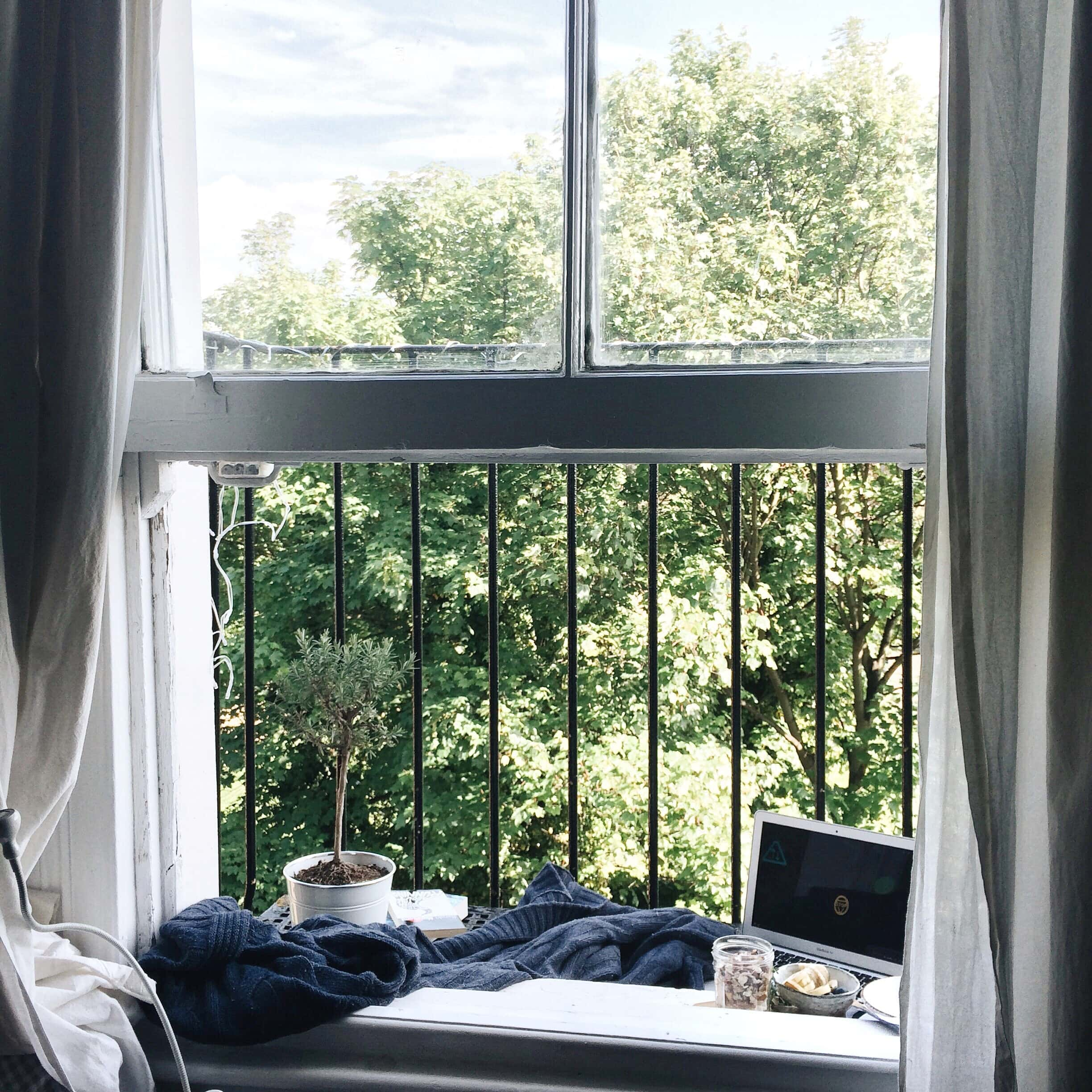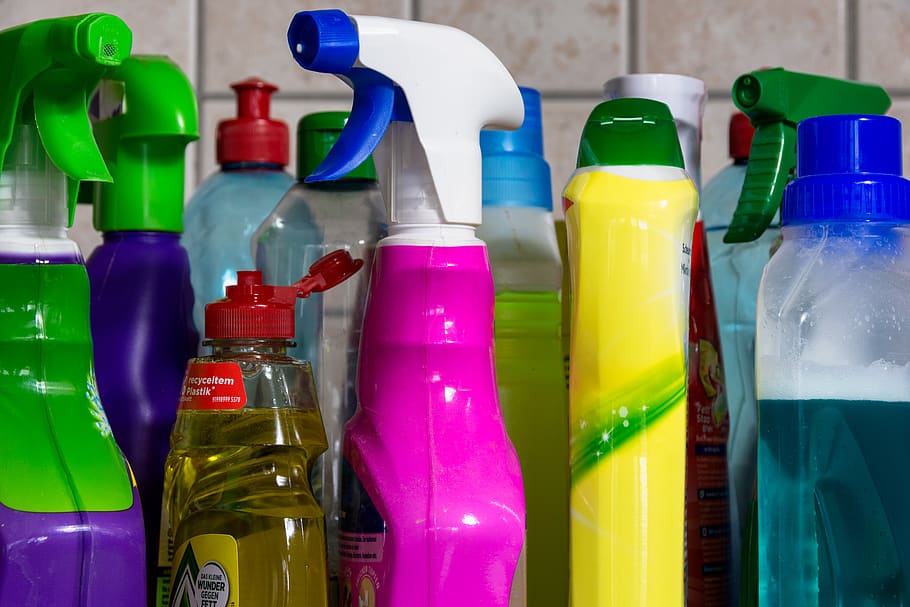Caring for the environment starts at home by being mindful of how our daily tasks can impact the world around us. It may be tempting to take the easy way out and simply grab some bathroom cleaner, window washer, and air fresheners to get the job done, but those products often contain harmful chemicals that can negatively affect the space we live in. Here are some cleaning tips on you can use in your home while keeping your family safe and reducing your ecological footprint:
#1 Go All-Natural
It's not as hard as you think to go chemical-free when choosing cleaning materials. You're going to want to avoid products with ammonia and phosphates, so the next time you're at a grocery store, read the labels to make sure what you're buying doesn't have either of those ingredients. Aside from eco-friendly cleaners, you could also opt for pantry staples that have disinfectant properties, such as vinegar, lemon juice, olive oil, and baking soda.
#2 Use Cold Water
When using the dishwasher or washing machine, try to use cold water (and in turn, detergents that are specifically formulated for cold water use). Warm water consumes much more energy, which not only increases your energy bill but also expands your carbon footprint, which in turn does not help the environment. By using cold water and air-drying methods, you will use less energy and preserve the life of your machines for longer. Also, try to avoid doing partial loads to maximize each wash.
#3 Skip Some Steps
Most dishwashers nowadays can do a deep clean on your dishes without you needing to soak or scrub your dishes beforehand. You can probably get away with skipping the pre-dishwasher soak and scrub and just go straight into the cycle so that you don't waste any more water and detergent than you need to. To go the extra mile, make sure to choose a detergent that is biodegradable and free of phosphates or petroleum. Also, try to run your cycles during peak hydro hours to reduce your electricity consumption.
#4 Air It All Out
Whether you use chemical-based cleaners or natural ones, many particles (including contagions and contaminants that were unsuccessfully eradicated) remain suspended in the air within your house. It's important, therefore, to open your windows from time to time in order to let the dirty air out and fresh air in. A short few hours after cleaning is all you'll really need to air out your home and get rid of any toxins or aerosols that are left in the air.
#5 Clean It Out
During your spring or summer cleaning, it's always a good idea to review what cleaning products you have in your cupboard and throw away the ones you don't need anymore. Go through all of your cleaning supplies and only keep the ones that you know are for sure eco-friendly and free of harmful chemicals. Also, avoid disposing of them down the drain or throwing them in the garbage, as that increases the likelihood that those substances will end up in the nearby ecosystem. Find your local recycling center or look up the procedure in your area for disposing of toxic items.


